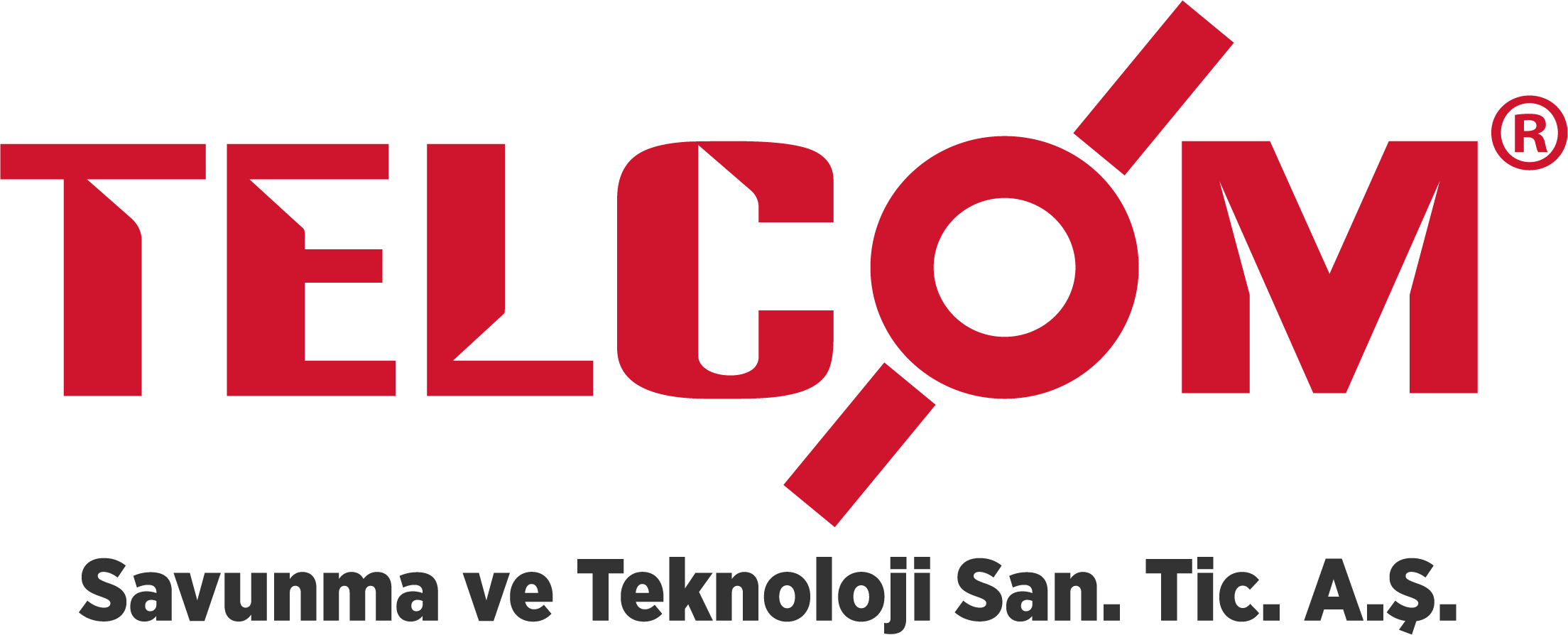Coastal hotels face unique challenges like salt air and high humidity. Here we discuss how to choose fire-resistant card locks for such conditions. From corrosion-proof finishes and IP54/IP65 protection to electronics designed for salty, moist air – with Telcom’s specialized fire-rated lock solutions, you get both fire safety and long-term durability in one package.
Telcom’s General Black fire-rated lock, designed with a protective finish and robust electronics, stands up to humid, salty environments while maintaining full functionality and fire certification. (Key features like operating temperature and humidity range are part of its specifications.)
Hotels located by the sea or in very humid climates have to account for more than the usual wear and tear; they must contend with corrosion, moisture, and temperature challenges that can affect equipment. Fire-resistant locks in these environments need to be extra durable. In this section, we outline what coastal hotels should consider when choosing fire-rated card locks and how Telcom addresses these challenges with its specialized products.
Challenges of Coastal Conditions
In beachfront properties, one of the biggest threats to hardware is corrosion. Salty sea spray, high humidity, and wind-blown salt can rapidly corrode metals. Hotel door locks – especially those on exterior-facing doors or beach villas – are susceptible. A standard electronic lock might show signs of corrosion or finish degradation after just a couple of years of exposure to salty air. The metal could pit or rust, and moving parts might start to seize. Therefore, for coastal hotels, it’s crucial to use locks with special anti-corrosion coatings and materials.
Humidity is another silent killer for electronics. Moisture can infiltrate a lock’s circuitry, causing oxidation and malfunctions over time. Even if your locks are mostly indoors, the ambient humidity (often over 80-90% in tropical areas) can be harmful. This is why opting for locks with a high IP rating is wise. For instance, an IP65-rated lock (dust-tight and protected against water jets) can be beneficial even if direct rain exposure is not expected, because it indicates a high level of sealing against moisture ingress. For indoor corridors, IP54 (protection against dust and splashing water) might suffice, but more protection is always better in harsh climates.
Telcom’s Corrosion-Resistant Lock Solutions
Telcom has developed its fire-rated locks with options specifically tailored to harsh coastal conditions. Key features include:
- Special Coatings: Telcom locks can be produced with PVD coatings or marine-grade protective finishes. These coatings undergo extensive salt spray testing. For example, a stainless steel lock set might be coated with a titanium nitride (TiN) finish, which not only gives a stylish look (gold or black) but significantly hardens the surface against scratches and salt-induced corrosion.
- High IP Ratings: For outdoor villas, bungalows, or any lock exposed to the elements, Telcom offers models with up to IP65 protectiontelcom.com.tr. Such locks are dust-tight and can handle water jets (meaning heavy rain or hose direct spray won’t penetrate). Even for mostly sheltered locks, a high IP rating ensures that internal components remain dry and corrosion-free. For interior applications where direct water isn’t a concern, an IP54 rating still provides confidence that humidity and occasional splashes won’t be an issue.
- Stainless Steel and Non-Corrosive Parts: Telcom uses stainless steel for critical components like the lock body, screws, and internal latches. Often, it’s the small parts (screws, springs) that succumb to rust first, causing a lock to fail. By using non-corrosive materials throughout, Telcom locks maintain structural integrity over time. Nothing is left to rust.
- Corrosion Endurance Testing: The models Telcom recommends for coastal use are subjected to laboratory salt spray tests (for instance, 96 hours of continuous salt fog exposure) to ensure the coatings and materials hold up. Passing these tests indicates the product can endure years in a salt-air environment without significant degradation.
- Protected Electronics and Offline Reliability: Telcom’s electronic boards in these locks are often conformal coated (a protective lacquer) to guard against humidity-related shorting or corrosion on the circuits. Additionally, because high humidity can sometimes interfere with wireless signals or networks, Telcom systems use an offline-first designtelcom.com.tr. This means even if network connectivity or wireless communication is momentarily hindered by environmental factors, the locks continue to operate on stored credentials. Guests won’t notice anything amiss, and security isn’t compromised due to a connectivity hiccup.
Handling Heavy Use and Operational Stress
Coastal resorts, especially during peak season, experience heavy guest turnover and constant door usage. A fire-rated lock in such an environment must not only resist corrosion but also handle frequent operation:
- Mechanical Wear Resistance: Telcom locks are built with high-strength alloys and engineered for endurance. For example, their locks are tested to hundreds of thousands of cycles (many exceed one million open/close cycles in testing). This ensures that even under 24/7 heavy usage, the lock mechanism won’t loosen or fail over the years. When evaluating options, look at such cycle test ratings to gauge long-term durability.
- Panic Function Reliability: Most fire-rated locks include a panic release function (allowing the door to be opened from the inside at any time, even if deadbolted). In high-traffic scenarios, this mechanism gets a lot of use and absolutely must not jam. Telcom’s designs emphasize robust panic functionality – one push on the handle from inside will always unlock the door, and it’s built to do so consistently even after countless uses. This is vital not just for guest convenience but for life safety, especially during a fire or other emergency.
- Ease of Maintenance: Harsh environments often necessitate periodic maintenance checks. Telcom locks are designed to be maintenance-friendly. Battery replacement, for instance, is straightforward and doesn’t require removing the entire lock. If the card reader module ever needs replacement, it can be swapped without changing out the whole lock mechanism. Telcom provides clear maintenance manuals, so your engineering staff can perform routine checks (like tightening screws, inspecting door seals, etc.) to keep everything in top shape. Regular proactive maintenance can catch issues early – which is especially valuable in corrosive environments.
Why Choose Telcom for Coastal Applications?
When it comes to fire-rated locks for coastal hotels, Telcom distinguishes itself in several ways:
- Dual Certification Leadership: Few products on the market combine top-tier fire certification and corrosion resistance. Telcom’s locks are among those few, providing evidence of both fire tests and environmental tests. This dual assurance is crucial for coastal properties that cannot afford to compromise on either front.
- Holistic Ecosystem: Telcom offers more than just locks. Their portfolio includes elevator controllers, Energy Savers, doorbell DND/MUR panels and moretelcom.com.tr. All these components can be ordered or configured with the same anti-corrosion considerations. This means you get a unified system where everything – from the room lock to the elevator panel – is built for the environment. Integration within one ecosystem also ensures smoother operation (e.g., the keycard that opens the room can also call the elevator and activate power in the room, with all devices tolerating the climate).
- Expertise and Support: Telcom has substantial experience deploying systems in coastal and high-humidity regions. This real-world experience translates into invaluable guidance during installation and calibration. They know what pitfalls to avoid (for instance, where additional sealing might be needed, or which materials pair best with others). Plus, if any issue arises, their support (via 444 1180 or on-site service) is quick to address the unique needs of a seaside installation.
- Compliance with Local Standards: Telcom products are attuned to local fire safety and construction standards (TSE, etc.). For a Turkish coastal hotel, this means a Telcom lock is already geared to meet or exceed local code requirements, and any inspections or certifications needed will be straightforward. It’s one less thing to worry about knowing the locks tick all the necessary boxes for both safety and performance.

Conclusion and Call-to-Action
For coastal hotels, beach resorts, or any facility in harsh environmental conditions, it is essential to choose a fire-resistant lock system that can withstand more than just fire. It must brave salt, humidity, heat, and heavy use without faltering. Telcom’s specially engineered locks for such conditions ensure that you don’t have to choose between safety and durability – you get both.
If you’re upgrading your property’s locks or planning a new development by the sea, consult with Telcom to find the ideal solution. With Telcom’s fire-rated and corrosion-resistant locks, you safeguard your guests and assets against fire while also investing in a product that will last in a challenging climate.
Ready to fortify your hotel with locks that are built for both safety and the seaside? Contact Telcom for a consultation tailored to your environment. Reach us here or by calling 444 1180 to discuss your project. Our experts will help you select and implement the best solution so that come high tides or high heat, your doors remain secure and operational. With Telcom, you can weather any storm confidently, knowing your fire safety measures won’t rust away with the next salty breeze.




